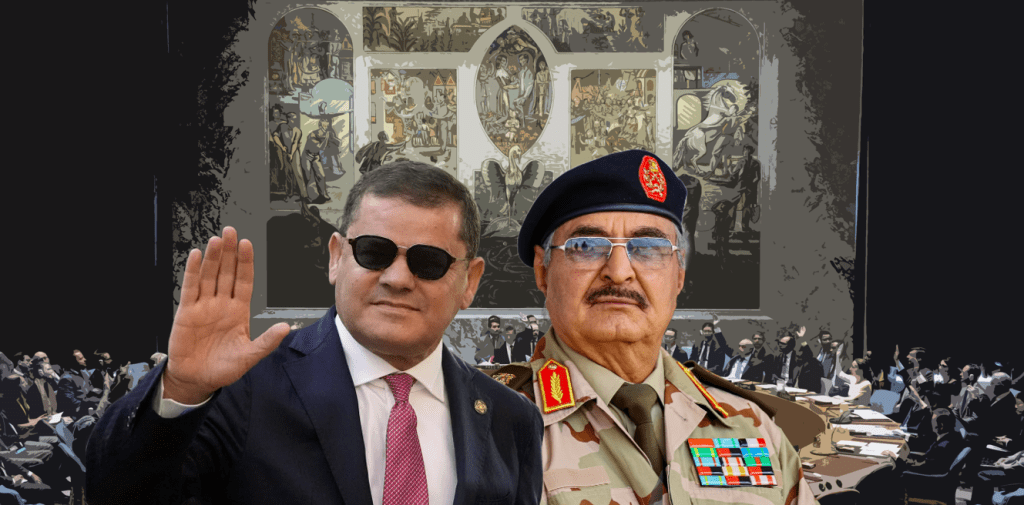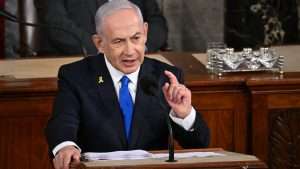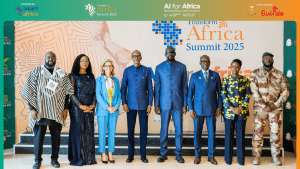Libya’s chaotic local elections and another ambitious UN plan

General elections in Libya were scheduled for December 2021, but on August 21, 2025, the UN Special Envoy for Libya, Hanna Tetteh, presented yet another plan to the UN Security Council aimed at preparing Libya for these national elections, according to the Libya Herald.
The United Nations Support Mission in Libya, UNSMIL, was established in 2011 when the overthrow of longtime dictator Muammar Gaddafi split the governance of the nation into two rival administrations, with the express goal of aiding Libya through transitional processes and facilitating the delivery of democratic governance. However, the promise of national elections is yet to be delivered.
The delays can largely be attributed to the lack of political agreement on Libya’s electoral laws, also the main reason elections failed to take place in 2021, an issue which the new political roadmap presented by Tetteh on August 21st aims to tackle by amending electoral laws and restructuring Libya’s High National Elections Commission (HNEC).

The announcement on June 25th, from the head of the HNEC confirming that the voting phase of municipal elections would take place before mid-August, gave a degree of hope for the prospect of future national elections, but as local elections have unfolded its become clear that there is significant work to be done before Libya is ready for uncorrupted and democratic national elections.
In her speech to the UN Security Council, Tetteh drew attention to the 16 municipalities where elections were suspended by the eastern government on the morning they were due to take place. Other efforts to disrupt the local elections included attacks on HNEC offices with election materials seized or destroyed. Armed assaults were also used to intimidate voters.
The UN’s new political roadmap has received support from Prime Minister Dbeibah of the UN backed Tripoli government, and internationally, including from the European Union and the Arab League. However, for the new roadmap to be implemented successfully it is crucial that the eastern government recognises and shows support for the plan, which they are yet to do.
International pressure could be strong enough for Hammad and Haftar to give their public support, with their geographically closest ally Egypt already having expressed support for the recent local elections and the new political roadmap.
It has been primarily the eastern government and the Libyan National Army responsible for disrupting the most recent rounds of local elections according to reports, so to expect national parliamentary or presidential elections to go any differently without addressing Hammad and Haftar’s grievances through direct talks or negotiations would be naive. Unless one half of Libya breaks away to form a separate country, an unlikely event, to bring any sense of stability to the country will require the two governments to become one, ideally in a democratic process. If Hammad and Dbeibah don’t want a full blown war, they will need to sit down and negotiate before national elections can happen, however relations between the rival governments are already tense: at the end of July 2025 Hammad ordered all institutions operating under the eastern government to cease all communication with the Tripoli administration and ignore any instruction from them.
This is why Tetteh has included in the political roadmap the negotiation and creation of a new, unified government which can facilitate elections. But the Libyan people are justifiably skeptical of international interference after a string of delays and setbacks, and the idea of yet another government being introduced may well be unpopular with the citizens of Libya. The UN’s public opinion survey confirmed that the most popular option moving forward amongst Libyans is to hold parliamentary and presidential elections at the same time as soon as possible, with the formation of a new assembly lower on their list of priorities.
Although it’s clear that there is still widespread strong support for the facilitation of national elections in Libya, it’s equally clear that the serious diplomatic work needed since 2011 must still be carried out for the UN’s newest plan to succeed.
Libya Herald/Libyan Express/Asharq Al-Awsat/Maghrebi
Want to chase the pulse of North Africa?
Subscribe to receive our FREE weekly PDF magazine













